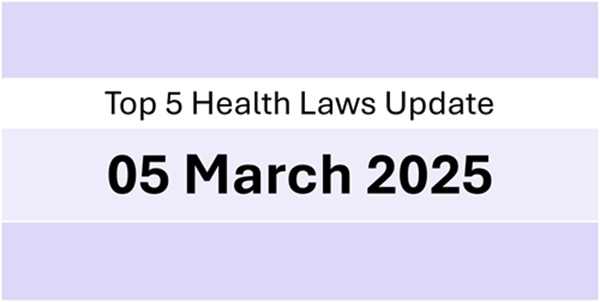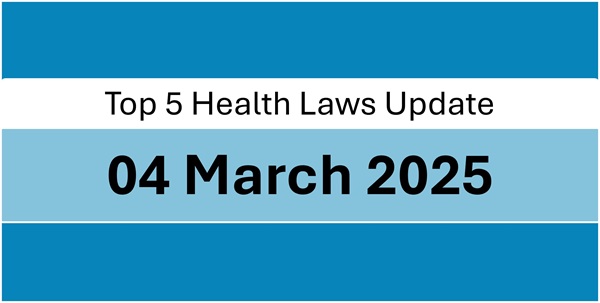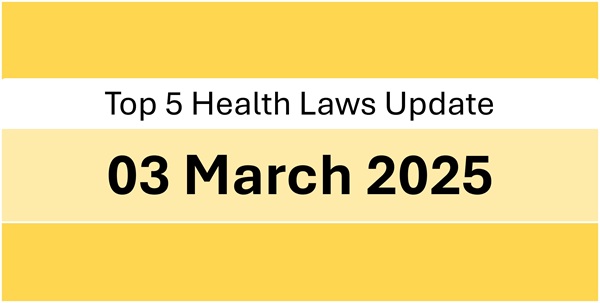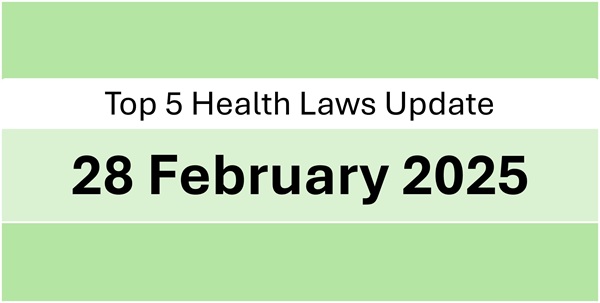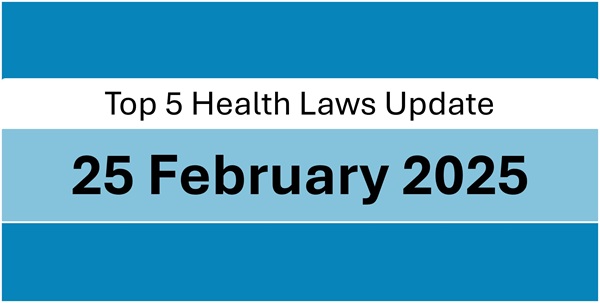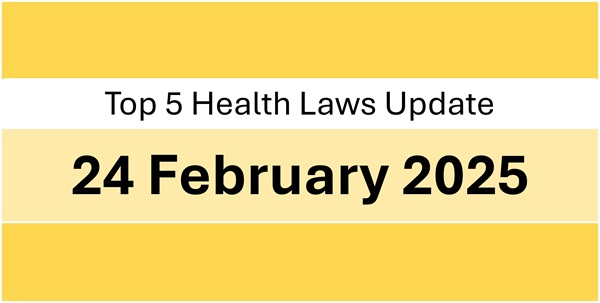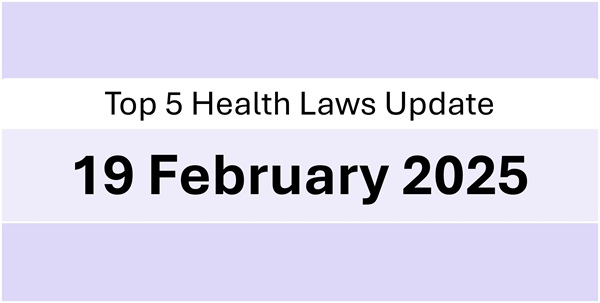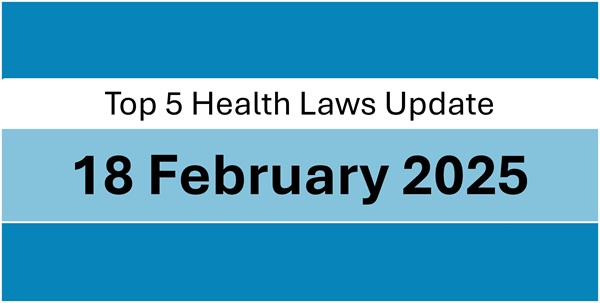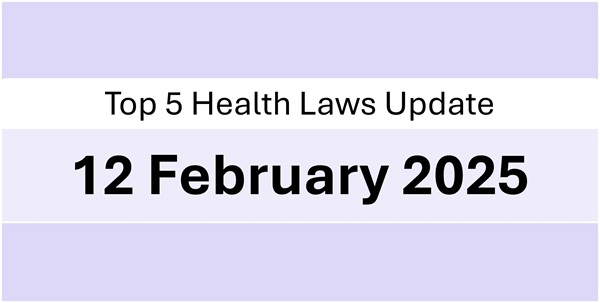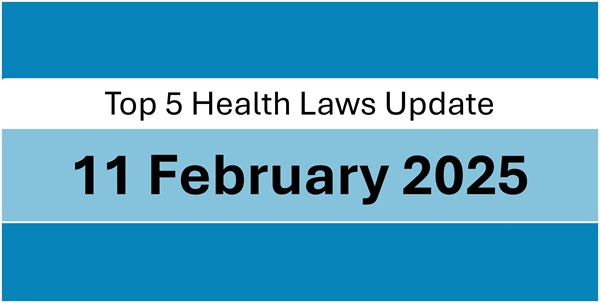Dear Readers, we are happy to share the most interesting legal and policy updates concerning health industry that we read today. we hope you enjoy reading it.
1. Indian courts have recognized copyright protection granting a temporary injunction against Indian pharmaceutical companies for unauthorized use of drug dossier. This occurred in a lawsuit where a pharmaceutical company accused a Canadian company of breaching a licensing agreement, misappropriating trade secrets, and sharing drug dossiers with Indian companies.
Source: bit.ly/3XvnzV7
2. The Ministry of Health & Family Welfare has made registration for Clinical Research Organisations (CROs) mandatory, effective April 1, 2025. CROs can now register online through the SUGAM portal by submitting their applications along with the required documents.
Source: bit.ly/3F6DKBX
3. Punjab’s Food and Drugs Administration has implemented stringent reporting obligations on manufacturers, C&FAs, wholesalers, and retailers, requiring them to submit monthly sales and distribution reports on every 7th day of the month to the state’s drug control offices to monitor the movement of seven Schedule H and H1 drugs or formulations prone to misuse for intoxication.
Source: bit.ly/3QKofC5
4. India’s Supreme Court has urged state authorities to frame guidelines to prevent exploitation by private hospitals, ensuring patients are not compelled to purchase overpriced medicines and medical devices. The Court also recognized that private hospitals are essential to addressing healthcare gaps until infrastructure is improved.
Source: bit.ly/3QLU8tY
5. The Delhi government’s social welfare department has urged the health department to fast-track the establishment of dedicated wards for transgenders in all government hospitals and designate a hospital for sex reassignment surgeries, aiming to ensure rights, dignity, and healthcare access.
Source: bit.ly/4i4dkiN

